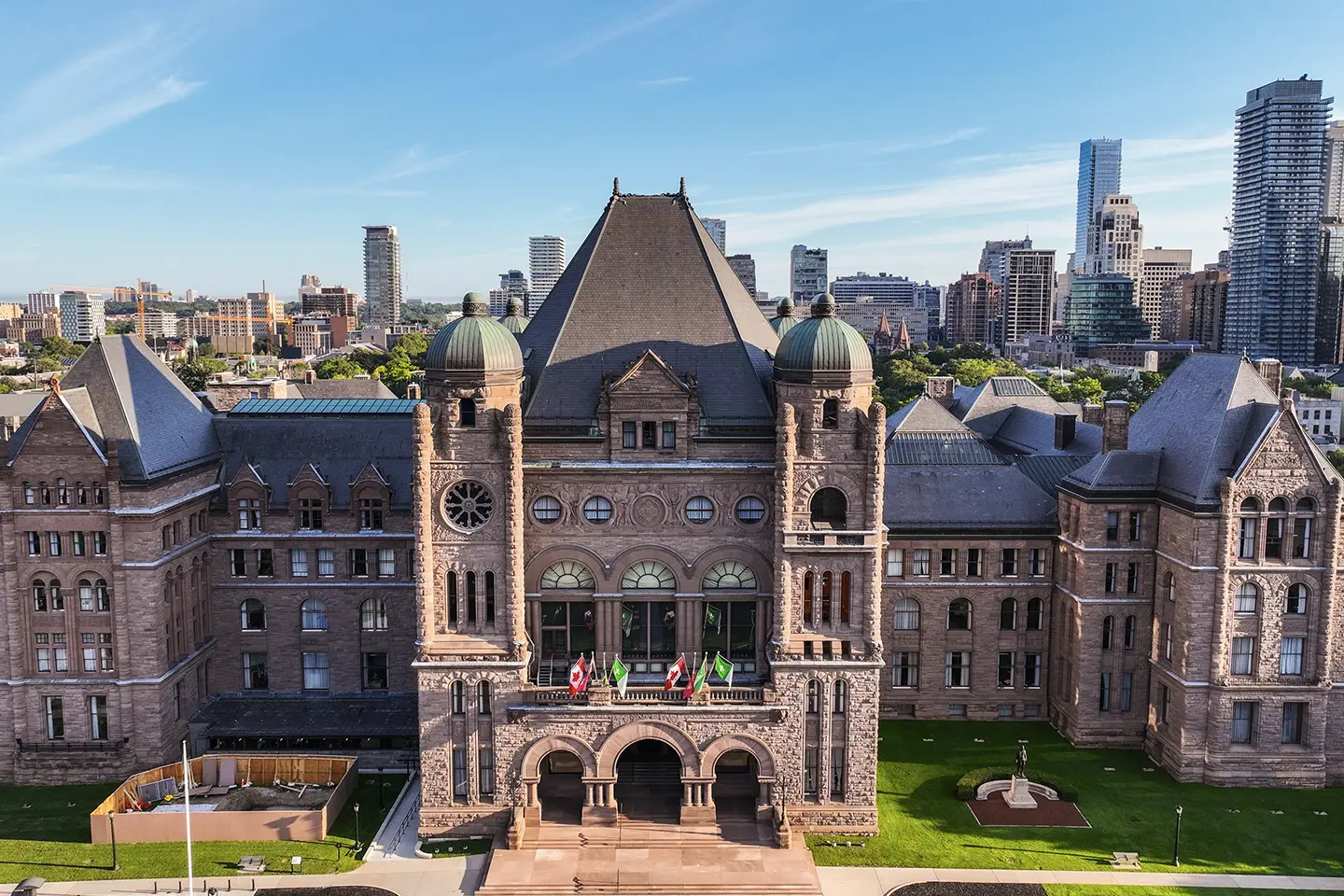Environment and Climate Change Canada announces $2 billion Low Carbon Economy Fund

Yesterday, Environment and Climate Change Minister Catherine McKenna announced the long awaited $2 billion Low Carbon Economy Fund, first mentioned in Budget 2016.
The fund was created to assist the Provinces and Territories in reducing nearly 200 million tonnes of emissions, which is necessary for Canada to reach its 2030 reduction target of 30% below 2005 levels. This target was initially proposed by the Harper Conservatives and ratified by the Trudeau Liberals in the Paris Climate Accords in late 2015.
The money was initially proposed to be rolled out over a two-year period, but this was changed in Budget 2017. According to the documentation accompanying the announcement, it will instead be rolled out over five years.
The Fund comes in two parts – the first is the “Leadership Fund,” which allocates $1.4 billion in funding to eligible provinces, based on targets and goals they outlined upon becoming signatories to the Pan-Canadian Framework on Clean Growth and Climate Change (signed in December 2016). Projects will be submitted for consideration by the Provinces, and following Federal sign-off, bilateral funding agreements will be signed. This stands as a point of contention for the Provinces of Manitoba and Saskatchewan which have not signed the Framework. Saskatchewan Premier Brad Wall has declared he will under no condition sign an agreement that unilaterally places a price on carbon for the Province, and has signaled he intends to sue the Federal Government. Manitoba’s Premier Brian Pallister initially withheld his signature from the framework as a bargaining chip to secure a better deal in the proposed Pan-Canadian health accord, but once negotiations fell through, other Provinces and Territories struck individual deals on healthcare funding (with the exception of Manitoba). The Province has not changed its stance on either file in the six months since.
The remaining funding falls into the “Low Carbon Economy Challenge,” with further details to be announced in Fall 2017. This offers funding to not just the Provinces and Territories, but also opens consideration to Municipalities, Indigenous governments, businesses and for profit/not-for profit companies and organizations.
Projects for consideration for the Challenge fund include:
- Rebates for installing high performance equipment, and incentives to retrofit homes and commercial buildings;
- Projects improving energy efficiency for industries, supporting changes in their processes, and helping them switch to lower carbon fuels; and
- Programs for reforestation, enhanced forest management, and utilizing dead wood after forest fires or insect infestations.
Sussex Strategy will continue to monitor developments in the Low Carbon Economy Fund as more details become available. We are happy to engage the departments of Environment and Climate Change and Natural Resources Canada on your behalf should you desire to apply for the Challenge Fund.
For more information, please see details below:
Low Carbon Economy Fund to reduce greenhouse gas emissions and generate clean growth


